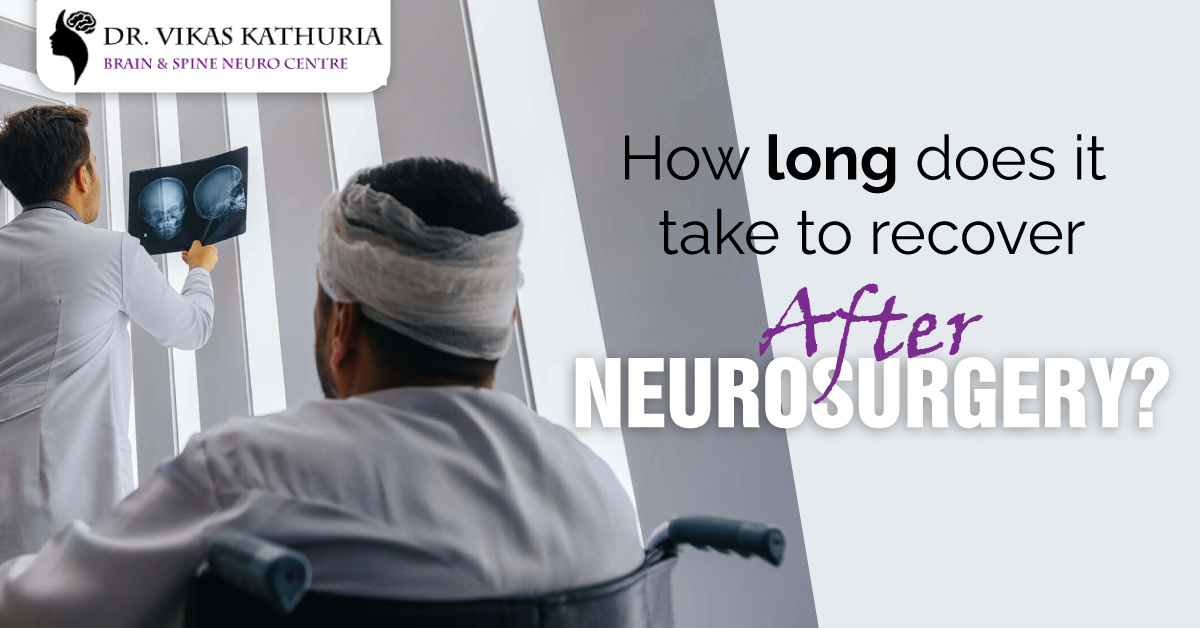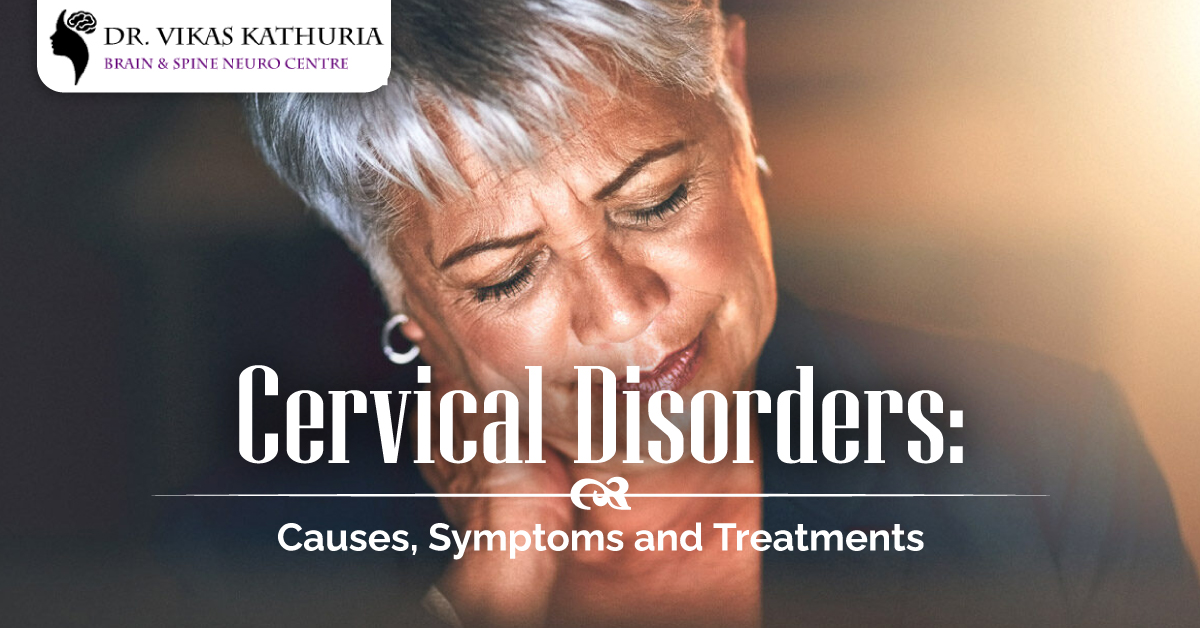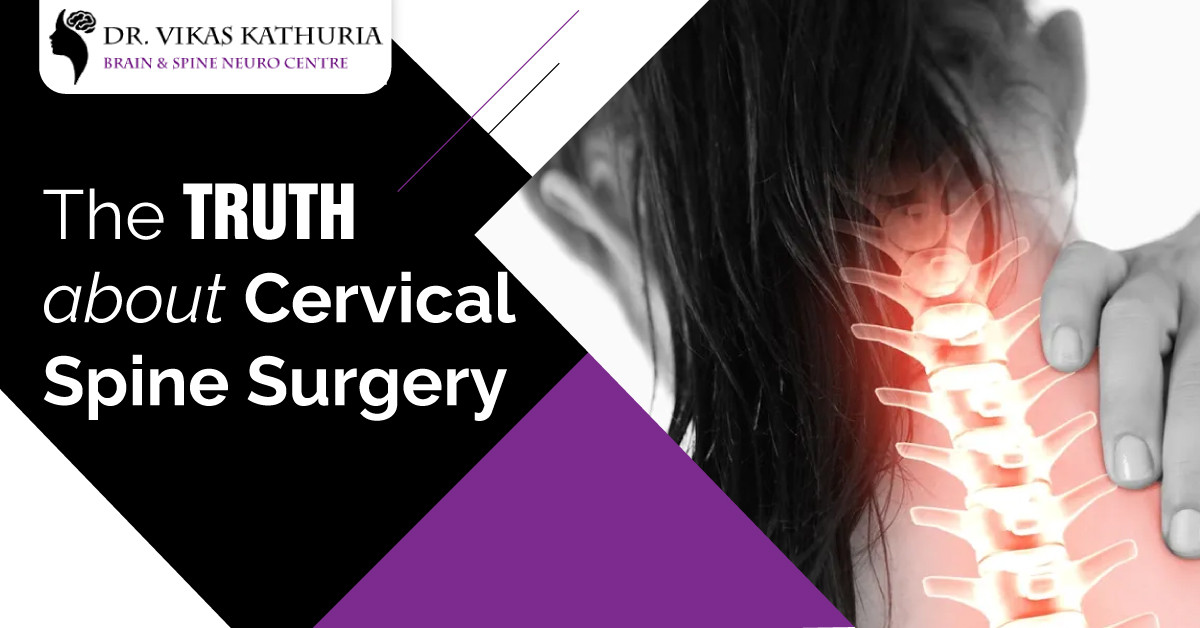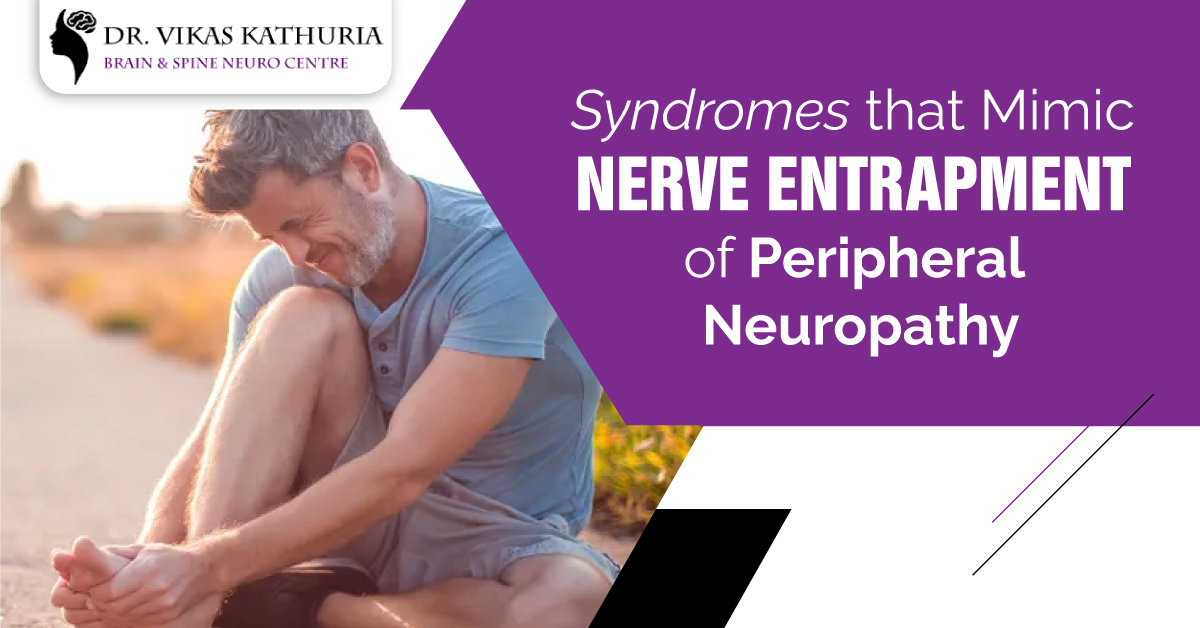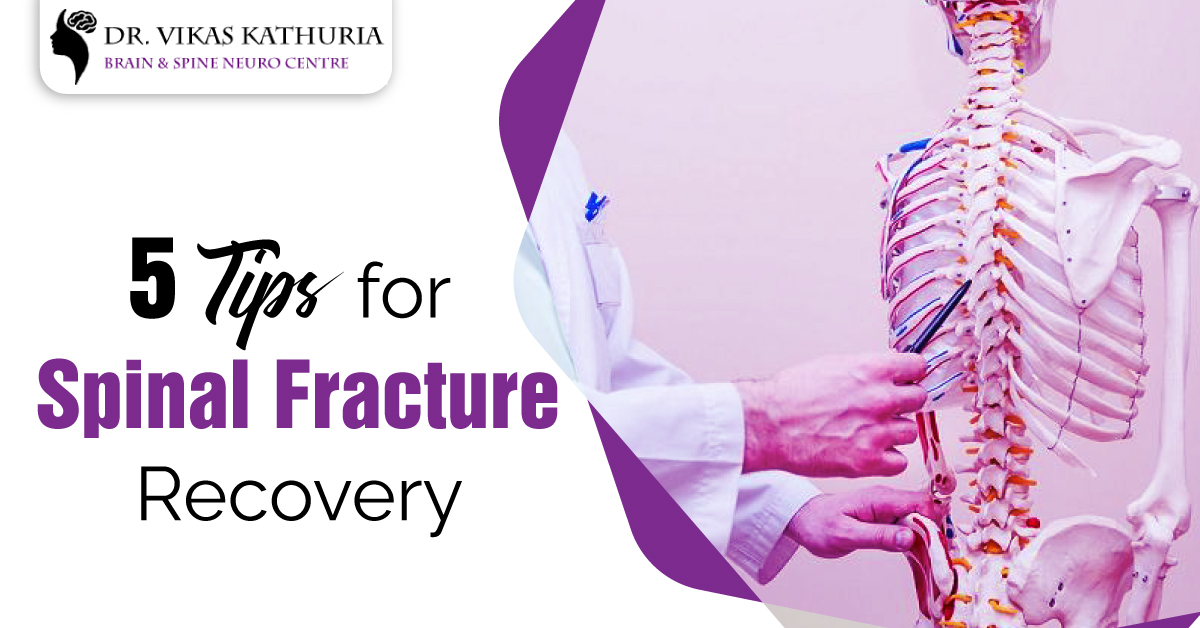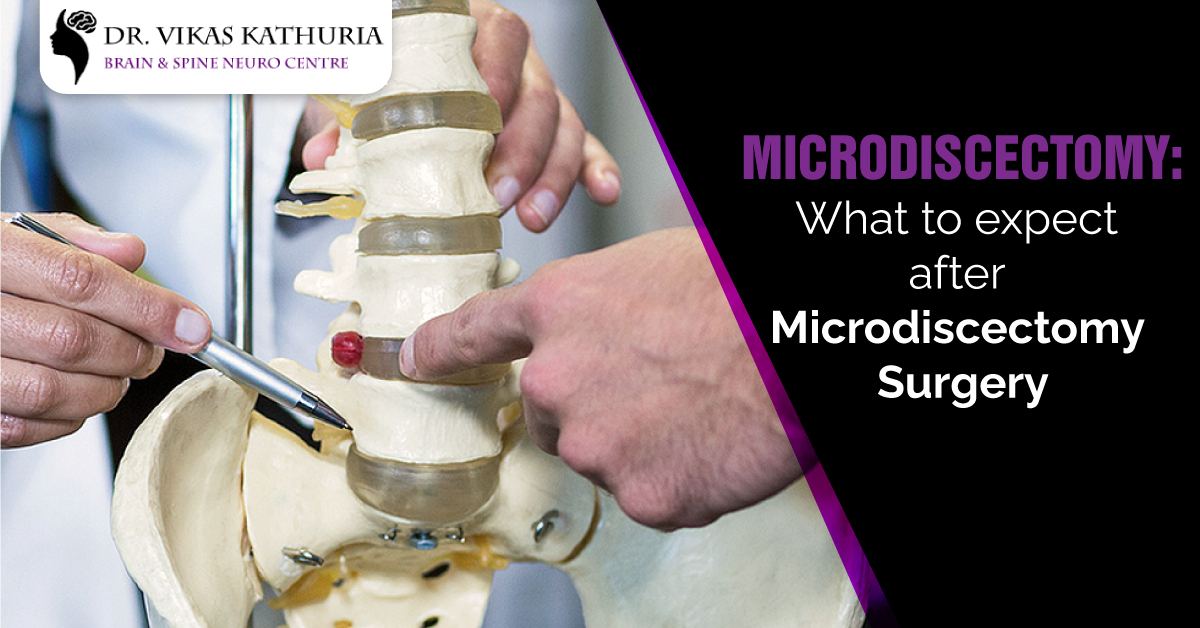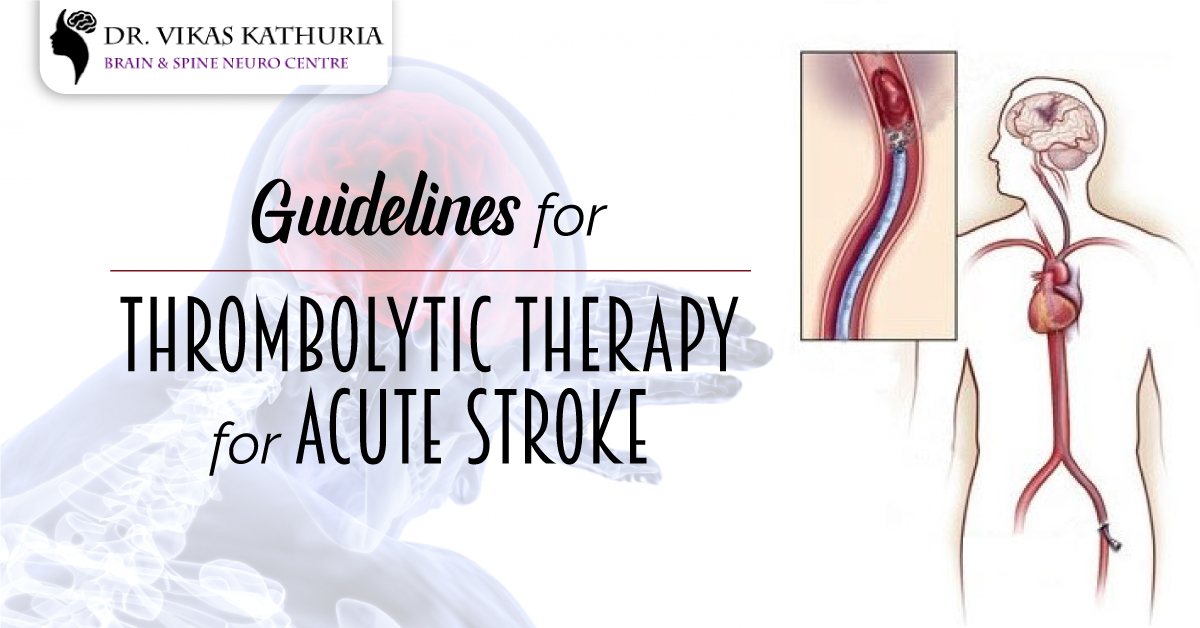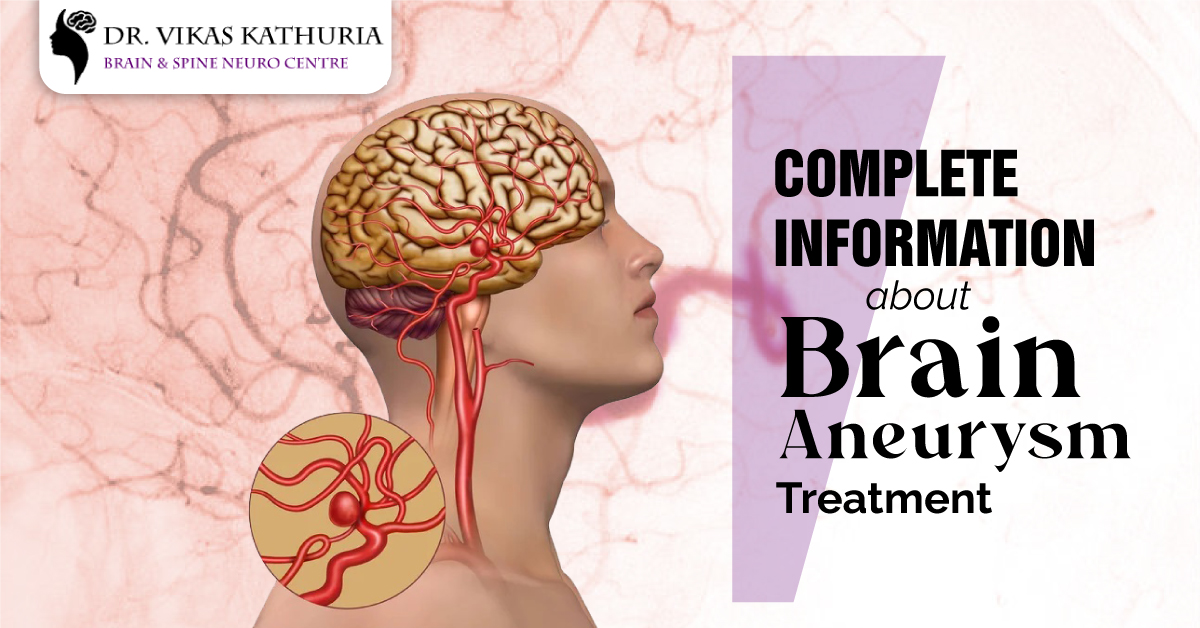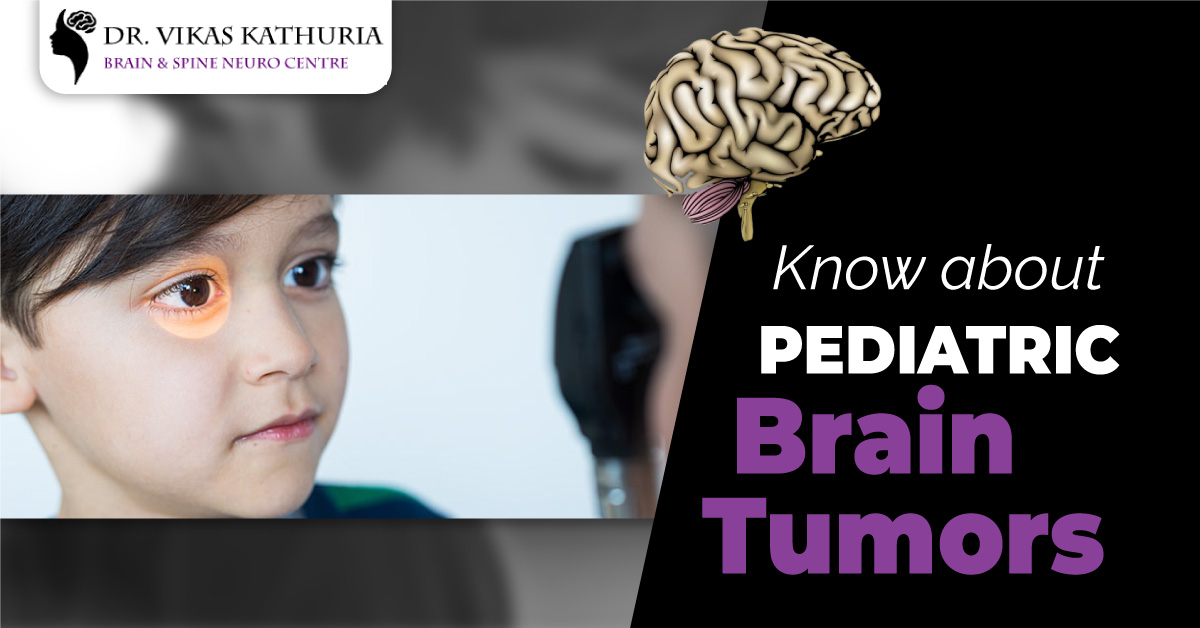Blog
How long does it take to recover After Neurosurgery?
Patients often need between four and eight weeks off work to fully recover after undergoing brain surgery. Surgical incisions may be uncomfortable for up to a week after the procedure.  There are many Best Neurosurgeons in Gurgaon. When the patient finally comes after surgery, what should they expect? Patients typically regain consciousness following surgery without
Read MoreCervical Disorders: Causes, Symptoms, and Treatments
Cervical disorder, called spasmodic torticollis, causes your head to twist or turn to one side. Cervical disorder can cause head tilting. Cervical disorder is an uncommon condition that affects middle-aged women more than males. Symptoms begin gradually and eventually plateau. Cervical cell alterations can be caused by several factors, including infection (such as HPV) and
Read MoreThe Truth About Cervical Spine Surgery
Complications are always possible throughout any surgical operation. However, even with minimal risk, significant issues can arise. According to experts studying mortality rates after cervical spine surgery, death is an infrequent, almost non-existent complication of neck surgery. Operations on the Neck are Common in the US In the United States, neck issues are frequently surgically
Read MoreSyndromes that Mimic Nerve Entrapment of Peripheral Neuropathy
Weakness, numbness, and pain typically manifest in the hands and feet due to peripheral neuropathy caused by damage to the nerves outside the brain and spinal cord. It can also affect other areas and physiological functions, including digestion, urine, and circulation. The brain and spinal cord (the central nervous system) communicate with the rest of
Read More5 Tips for Spinal Fracture Recovery
The human body is both complicated and delicate. The consequences can be life-changing if a person suffers a severe injury to their central nervous system or spinal cord. It has long been considered one of the most severe forms of injury that a human body can sustain and still survive; spinal injuries are no exception.
Read MoreMicrodiscectomy: What to Expect After Microdiscectomy Surgery
A herniated lumbar disc commonly necessitates lumbar microdiscectomy surgery to relieve back and leg pain and sciatica symptoms. This procedure’s primary goal is to relieve leg pain and regain function, performed in an outpatient setting under local anesthesia. While it is hoped that the operation will alleviate or eliminate any accompanying back pain, the procedure
Read MoreGuidelines for Thrombolytic Therapy for Acute Stroke
Blood clots most often cause heart attacks and strokes. Deep vein thrombosis, or DVT, is when a blood clot in your leg breaks loose and travels to your lungs, resulting in a pulmonary embolism. Thrombolysis aims to break up blood clots with drugs or a minimally invasive technique. Penn Medicine specialists thoroughly examine the origin
Read MoreComplete Information About Brain Aneurysm Treatment
In the case of an aneurysm in the brain, a bulge in a blood vessel develops and fills with blood, causing it to rupture. Aneurysms usually don’t cause symptoms until they rupture and start leaking blood. A ruptured aneurysm can induce a severe headache and even a fatal stroke if left untreated. It is possible
Read MoreA complete guide to Slipped (Herniated) Disc
Herniated discs are a common occurrence, and you may be unsure of what they are. Cushion-like pads between the vertebrae are herniated discs. They can weaken or herniate, putting pressure on the spinal cord’s nerve roots. Continue reading to find out more about herniated discs and prevent them. Symptoms, causes, and treatment options are all
Read MoreKnow About Pediatric Brain Tumors
Most solid tumors in children are found in the brain. Every year, about 4,000 children and teens are told they have a primary brain tumor. Primary brain tumors begin in the brain and don’t spread to other parts. Most cancers that start in the central nervous system are brain tumors. Brain tumors start in the
Read More
